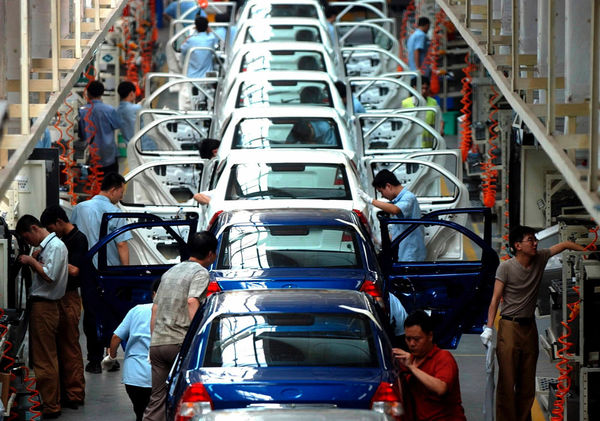EU free-trade car ’quota’ buzz has makers in a tizzy

DNA | Apr 22, 2013
European Union (EU) free-trade car ’quota’ buzz has makers in a tizzy
Yuga Chaudhari
The passenger vehicle industry is in a tizzy over the import quota proposed in the free trade agreement (FTA) between India and the European Union (EU).
Under the proposals, India will allow import of 2.5 lakh units – or 50,000 cars a year – at a concessional duty of 10% over five years starting 2017.
Currently, the applicable import duty is 100% on completely built units (CBUs).
The substantial reduction in duty would mean an instant market for the cars in India where demand for luxury vehicles has been on the ascendant over the years.
At least 7-8 manufacturers would be vying for this quota under the FTA. Apart from BMW, Audi and Mercedes, the three German luxury car manufacturers, the likes of Fiat, Volkswagen, Renault, Jaguar Land Rover and Peugeot would be seeking part of the quota.
There is no clarity yet on just how the quota will be distributed.
“I don’t know how EU will structure this cap,” said a top executive of a luxury car manufacturer.
Sugato Sen, deputy director general of the Society of Indian Automobile Manufacturers (SIAM), concurred. “Deciding on quota will be a big challenge for the European manufacturers.”
“Every manufacturer will have to carefully decide on the models as reduced duties on imported car might end up cannibalising their existing locally manufactured products,” said Mohit Arora, executive director of auto consultancy JD Power Asia Pacific.
Experts believe the companies would look to bring in their most expensive cars.
“It will benefit companies like Porsche, wherein Volkswagen may bring more models from the brand,” said V G Ramakrishnan, director of Frost & Sullivan, another auto consultancy.
Eberhard Kern, managing director and CEO, Mercedes-Benz India, hinted at segregation.
“Generally, to set up local productions, you need volumes. We have a huge portfolio. The idea would be to produce volume models locally, and models which do not have high volume numbers would remain CBU.”
Despite being late to enter the market, European companies account for almost 5.5% of the total passenger vehicle sales in India. The value share would be much higher since European vehicles are mostly premium and luxury categories, as per SIAM estimates.
Ultra luxury cars and niche cars should benefit out of this agreement,” said Arora.
But the FTA could upset the plans of Indian manufacturers, particularly given that even Japanese, Korean and US car companies could seek similar concessions.





